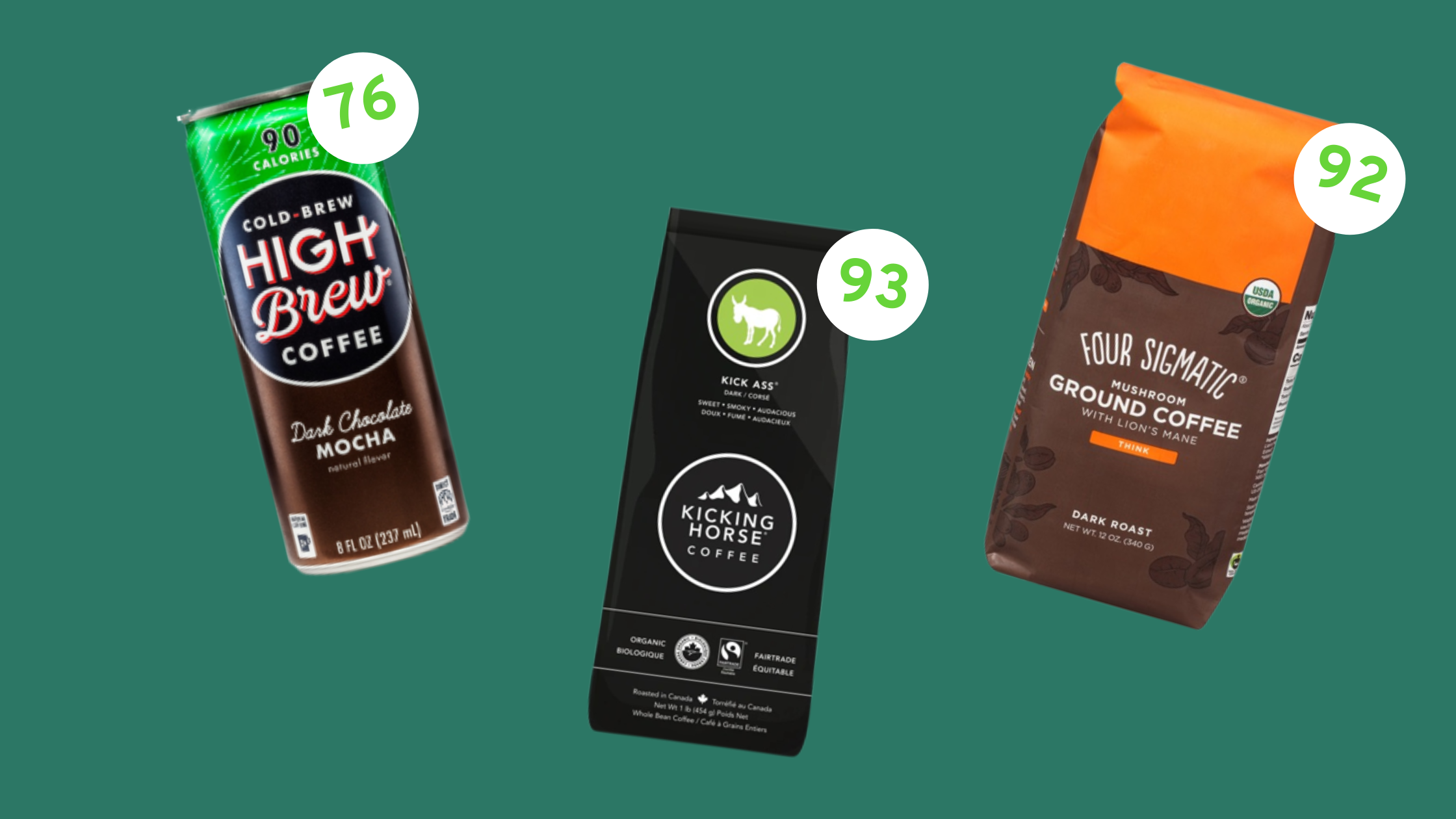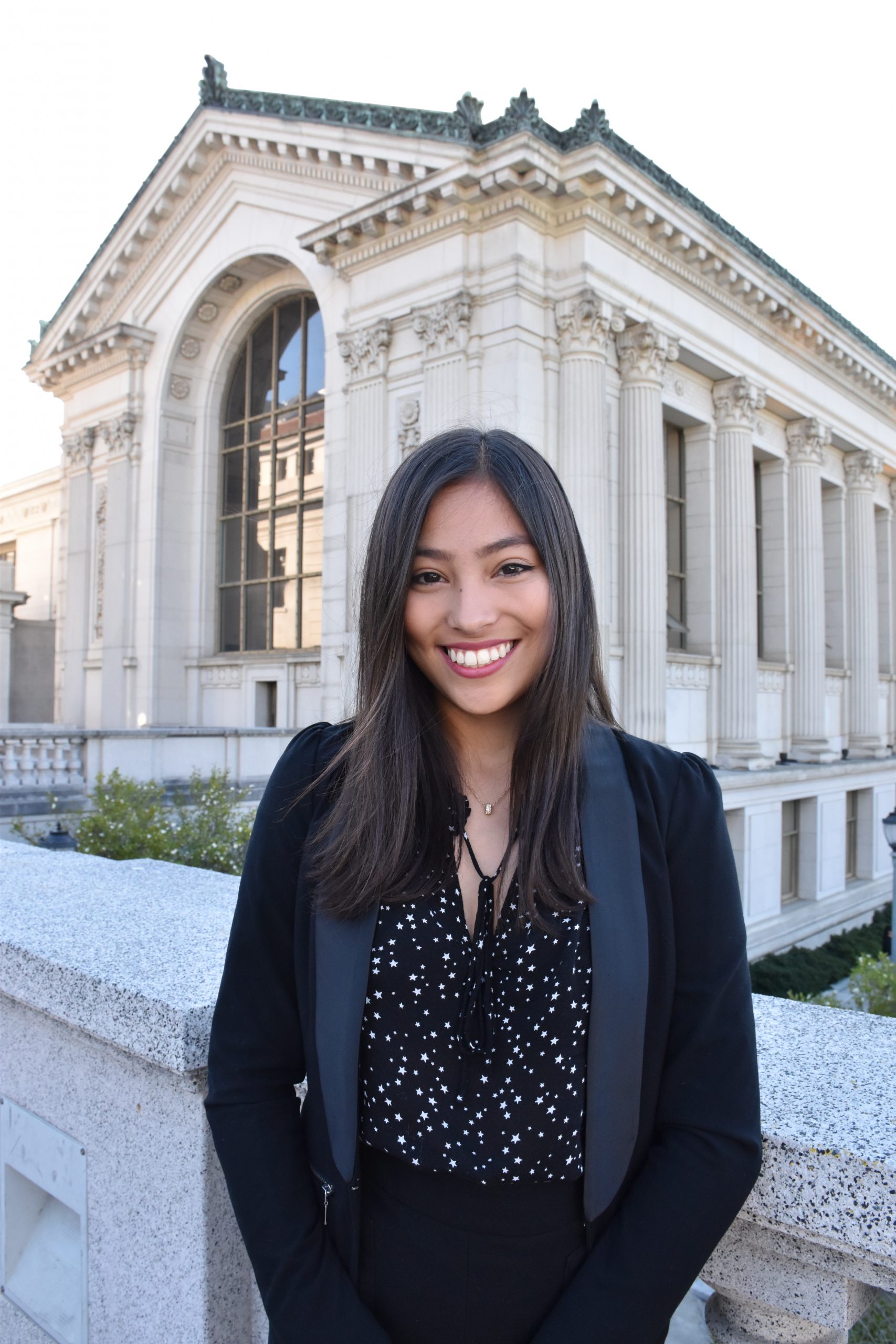Try our new free GreenChoice - Food Scanner mobile app!
DOWNLOAD-
-
-
Diets
Allergies
Take our 30-second quiz & we’ll filter our site to show only products that match your dietary preferences.
- GCNow
- 7 Best Fair Trade Coffee Brands

If you’re one to enjoy a hot cup of coffee every morning, you’re among the 64% of Americans who drink coffee daily (1). But coffee drinkers aren’t the only ones who can’t live without it – that’s where fair trade coffee comes in.
80% of the world’s coffee supply is produced by smallholder farms. That’s 25 million coffee producers and their families that depend on the crop for their livelihood (2).
While most of us would agree that we’d prefer to support coffee brands that prioritize the well-being of their producers, making the right choice can be a pretty daunting task, given the sheer number of claims plastered on every food package.
Choosing your go-to morning coffee shouldn’t be complicated, and it shouldn’t mean you have to compromise on your values, either. That’s why we’ve broken down exactly what’s behind the fair trade claims found on many coffee products, plus this list of the 10 best fair trade coffee brands you can buy.
Choosing a Fair Trade Coffee
The fair trade certification system sets a minimum price per pound of product that is above the market price of coffee. It ensures that producers and their workers are paid adequately for adhering to a set of social, economic, and environmental criteria for labor and production (3).
But not all fair trade certifications are created equally, and some doubt whether the fair trade certification system is working as it should.
Critics suggest that “Fair Trade” premiums paid to farmers on top of the selling price do not always go towards the community-building projects as claimed. They also propose that setting a minimum price for fair trade products is likely to incentivize lower-quality coffee.
Another criticism of the fair trade system is that, while the beneficiary of fair trade is the small farmer, the benefits do not necessarily extend to the migrant laborers who are employed on these farms (4).
Economic, human rights, and environmental experts are divided on the fair trade certification system. As with many food labels, there are loopholes and limitations, as well as clear advantages for smallholder farming families around the world.
At the same time, there are ways to find out whether your coffee of choice is aligned with your personal values. The Fair World Project, a non-profit that focuses on educating consumers on the standards of various fair trade labels and the integrity behind claims of fairness, is a helpful resource for alleviating confusion around fair trade food labels and which ones are trustworthy.
While there are hundreds of coffee choices out there, there are a select number of brands that take the crown when it comes to upholding strong social and environmental principles. Whether you’re looking for a convenient pre-ground blend, high-quality whole coffee beans, or something else, there are socially responsible choices out there for you.
Here’s our list of the top 10 fair trade coffee brands that are taking a stand for good when it comes to how they source and produce their coffee.
1. Kicking Horse Coffee – Kick Ass
6-pack, 10 oz each
Kicking Horse Coffee Kick Ass has a very high nutritional value, has little to no processing, and is estimated to have a very low carbon footprint and a moderate water footprint.
Allergen info: Contains 0 known allergens.
Ingredients: Fair trade shade grown arabica.
- 4.7/5 stars (149 reviews)
- 93/100 GreenScore® rating
- Certified fair trade
- Certified organic
2. Death Wish – Dark Roast Ground Coffee
6-pack, 1 lb each
Death Wish Dark Roast Ground Coffee has a very high nutritional value, is moderately processed, and is estimated to have a very low carbon footprint and a moderate water footprint.
Allergen info: Contains 0 known allergens.
Ingredients: certified organic coffee
- 5/5 stars (2 reviews)
- 92/100 GreenScore® rating
- Certified fair trade
- Certified organic
3. Wicked Joe Coffee Co – Sumatra Medium Roast Ground
6-pack, 12 oz each
Wicked Joe Coffee Co Sumatra Medium Roast Ground has a very high nutritional value, is moderately processed, and is estimated to have a very low carbon footprint and a moderate water footprint.
Allergen info: Contains 0 known allergens.
Ingredients: coffee
- Certified fair trade
- 92/100 GreenScore® rating
- Certified organic
4. Four Sigmatic – Mushroom Ground Coffee Mix Dark Roast
12 oz
Four Sigmatic Mushroom Ground Coffee Mix Dark Roast has a very high nutritional value, is moderately processed, and is estimated to have a very low carbon footprint and a moderate water footprint.
Allergen info: Contains 0 known allergens.
Ingredients: organic coffee, organic lions mane extract, organic chaga extract wildcrafted
- Certified fair trade
- 92/100 GreenScore® rating
- Certified organic
5. Equal Exchange – Organic Love Buzz Dark Roast Whole Bean Coffee
6-pack, 12 oz each
Equal Exchange Organic Love Buzz Dark Roast Whole Bean Coffee has a very high nutritional value, is moderately processed, and is estimated to have a very low carbon footprint and a moderate water footprint.
Allergen info: Contains 0 known allergens.
Ingredients: organic arabica coffee
- 5/5 stars (6 reviews)
- 92/100 GreenScore® rating
- Fair trade
- Certified organic.
6. Highground – Decaf Organic Instant Coffee
6-pack, 3.53 oz each
Highground Decaf Organic Instant Coffee has a very high nutritional value, is moderately processed, and is estimated to have a very low carbon footprint and a moderate water footprint.
Allergen info: Contains 0 known allergens.
Ingredients: 100% organic decaffeinated freeze-dried instant coffee.
- Certified fair trade
- 89/100 GreenScore® rating
- Certified organic
- Decaf
7. High Brew Coffee – Dark Chocolate Mocha
12-pack, 8 oz each
High Brew Coffee Dark Chocolate Mocha has some nutritional value, is moderately processed, and is estimated to have a low carbon footprint and a moderate water footprint.
Allergen info: Contains milk.
Ingredients: cold-brewed coffee (water, coffee), reduced-fat milk, cane sugar, natural flavors, pectin, cocoa, potassium phosphates
- Direct trade
- 76/100 GreenScore® rating
- Contains 11g of added sugar
Key takeaways for choosing fair trade coffee
Coffee is one of the most popular beverages in the world, and the US has the largest market for it by a long shot (5). Most Americans prefer to brew their coffee at home, so naturally, there are hundreds of brands vying for our attention and business.
With all that competition in the market comes plenty of attractive labels, but it’s hard to know which ones to trust. All fair trade labels claim to source from coffee producers that prioritize fair wages and ethical working conditions, but there are a few details to look for that will ensure your coffee of choice measures up to its claims.
Choosing a fair trade label that’s certified by a third party will help ensure that the coffee is compliant with a set of fair trade standards that is well-defined by the certifier. However, it’s important to note that those standards are not necessarily the end-all of what fair trade should be. Many particularly impact-driven companies choose to develop their own fair trade and direct trade models instead. In this case, it may be helpful to research further into their policies for sourcing and producing their coffee in order to ensure that your values align with theirs.
***
GreenChoice, PBC has evaluated and rated more than 340,000 food & beverage products across hundreds of attributes related to diet, health, and sustainability. Easily find the best products for you, the planet, & your budget. Download the free GreenChoice app for Apple iO or Android!



